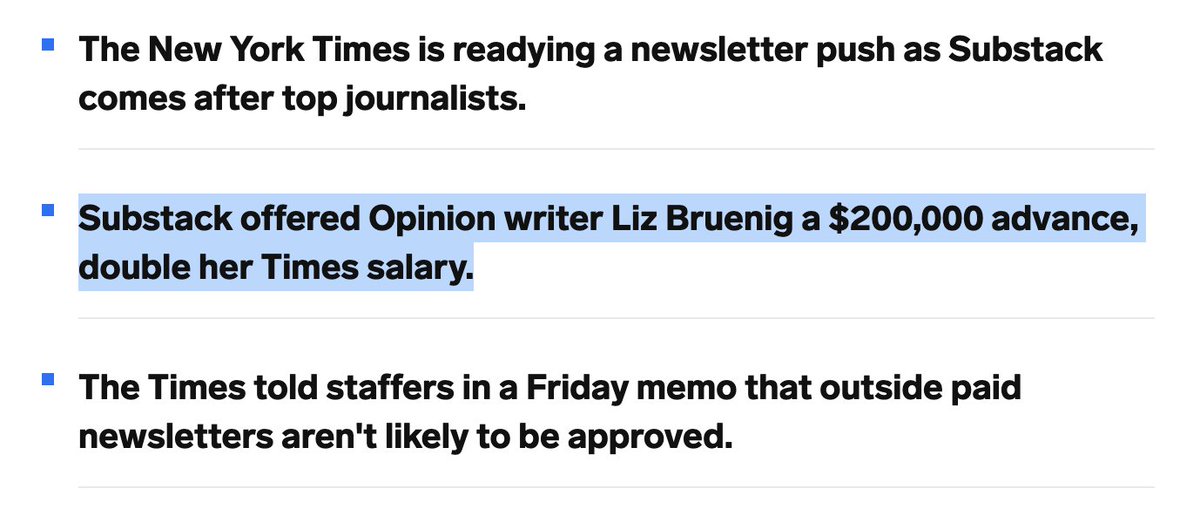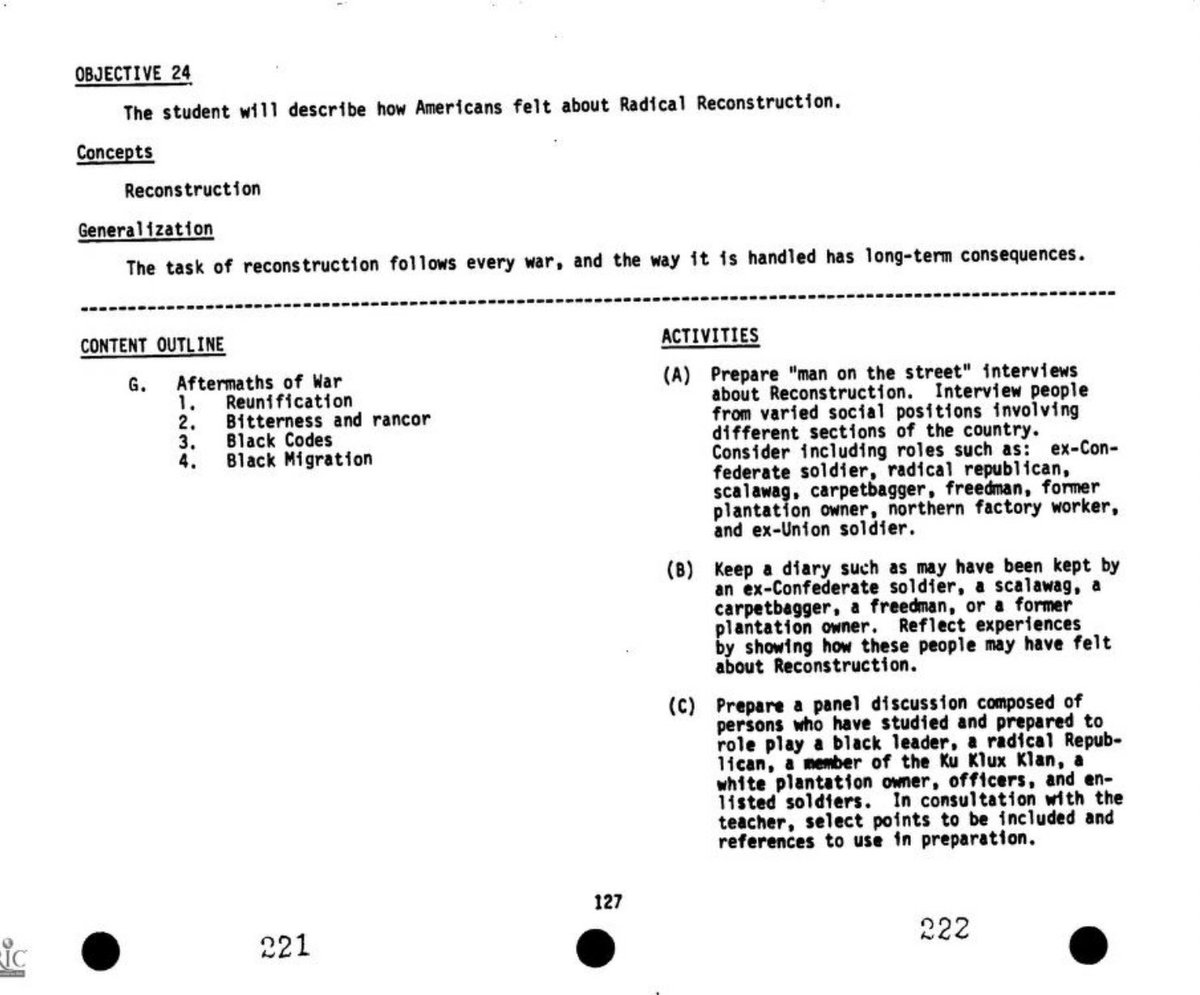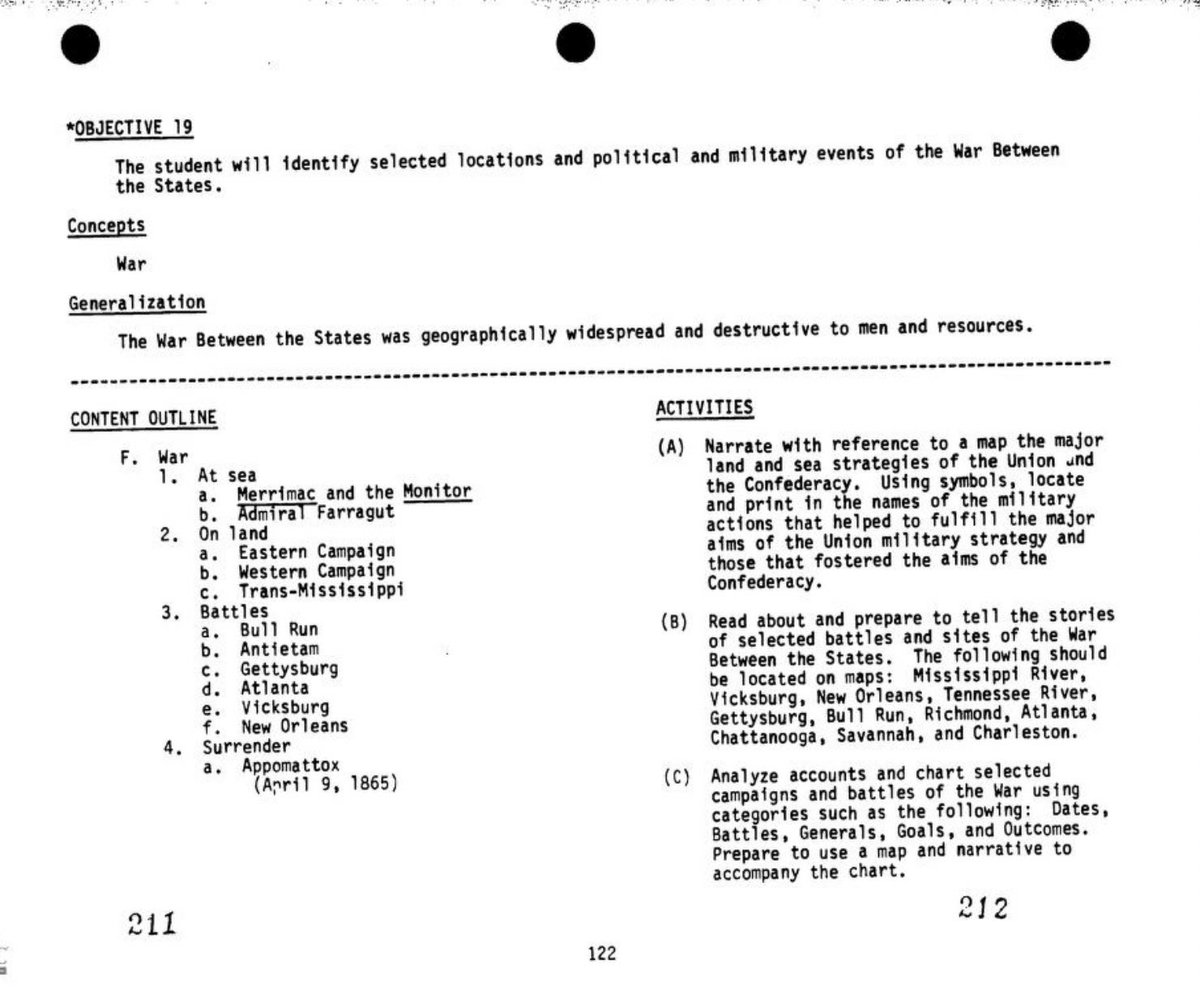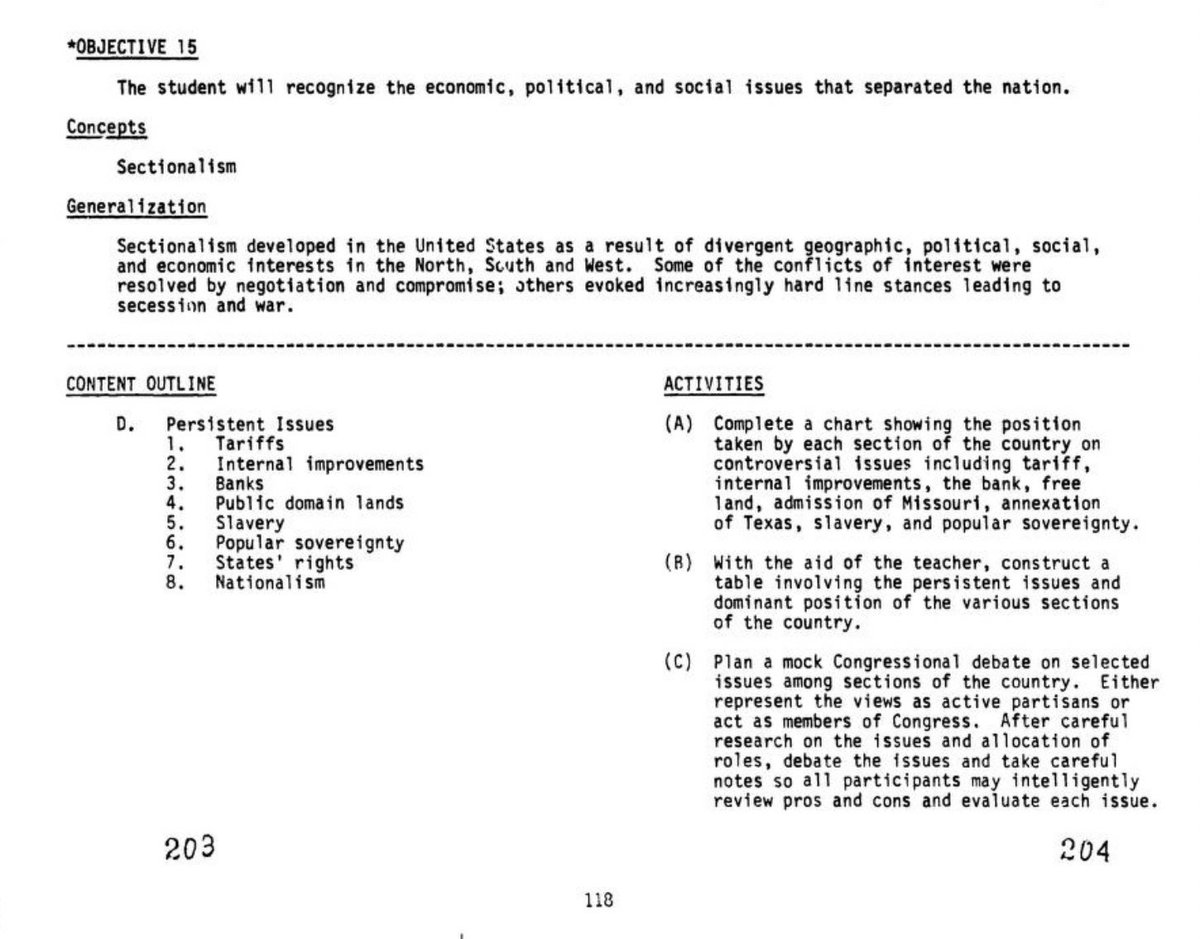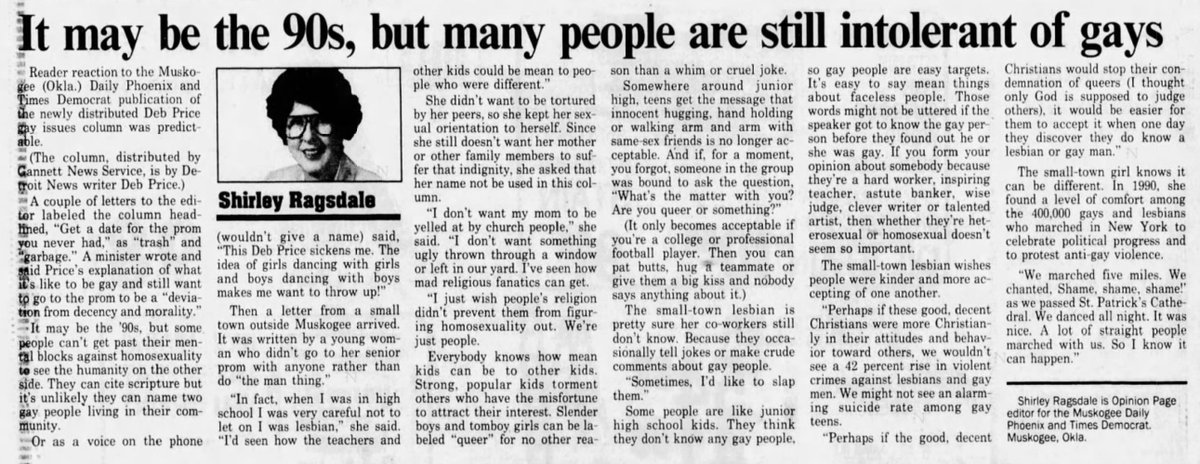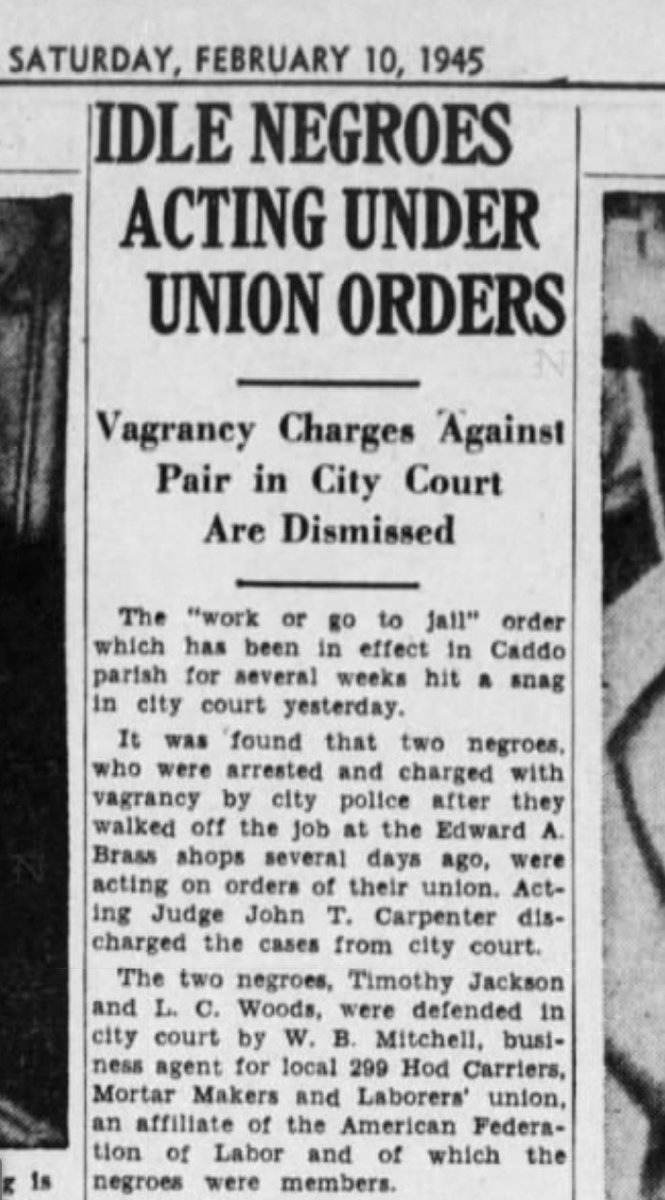
New from me —>
No, Americans haven’t abandoned journalism values like transparency and oversight.
That study that seemed to say they had made some weird research design decisions that put a thumb on the scale.
(1/x)
niemanlab.org/2021/04/no-ame…
No, Americans haven’t abandoned journalism values like transparency and oversight.
That study that seemed to say they had made some weird research design decisions that put a thumb on the scale.
(1/x)
niemanlab.org/2021/04/no-ame…
I'm talking about the study from @AmPress and @APNORC that said "only 11% of Americans" support five "core journalism values," including transparency, oversight, the importance of facts, and giving voice to the voiceless.
americanpressinstitute.org/publications/r…
americanpressinstitute.org/publications/r…
You might have seen @Sulliview's column about it, headlined "Bad news for journalists: The public doesn’t share our values. But there’s hope."
washingtonpost.com/lifestyle/medi…
washingtonpost.com/lifestyle/medi…
But the study's results are just...weird.
For instance, researchers asked people if they agree or disagree with this statement: "We need to put a spotlight on problems in society in order to solve them."
72% agreed, and only 6% disagreed.
For instance, researchers asked people if they agree or disagree with this statement: "We need to put a spotlight on problems in society in order to solve them."
72% agreed, and only 6% disagreed.
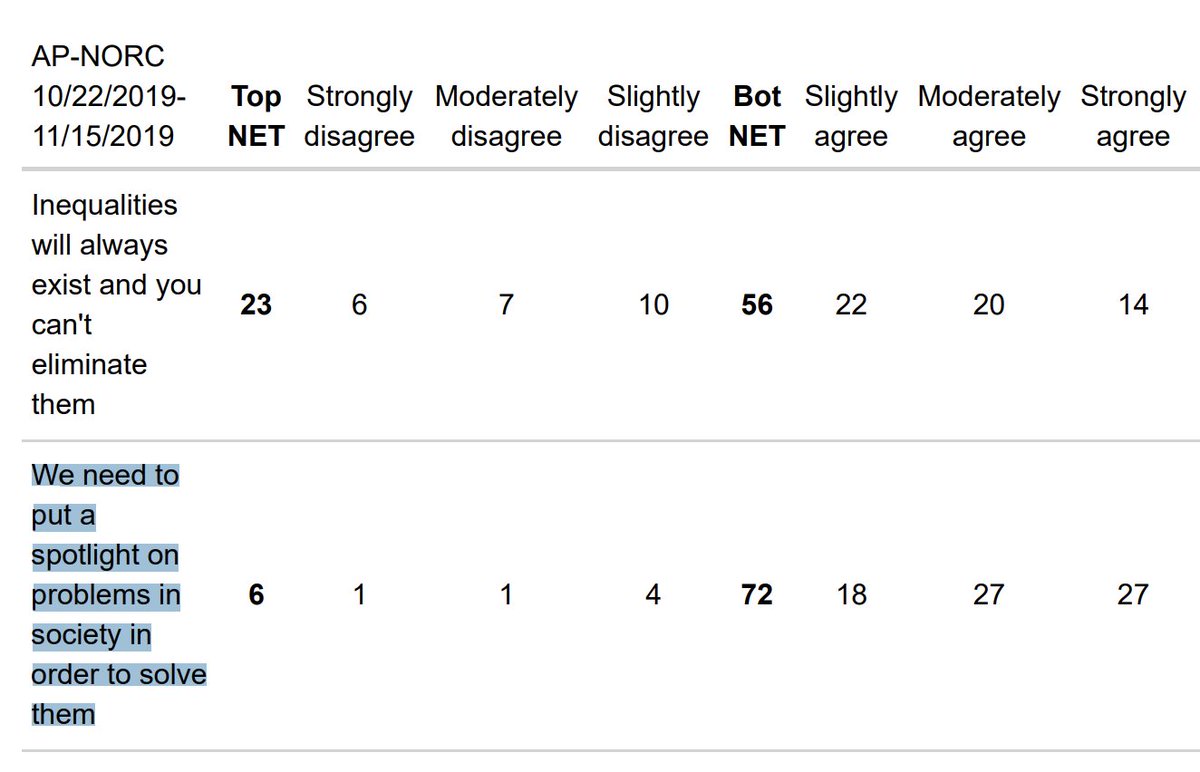
They did the same with this statement: "It's important to offer a voice to the voiceless."
74% agreed, 4% disagreed.
74% agreed, 4% disagreed.
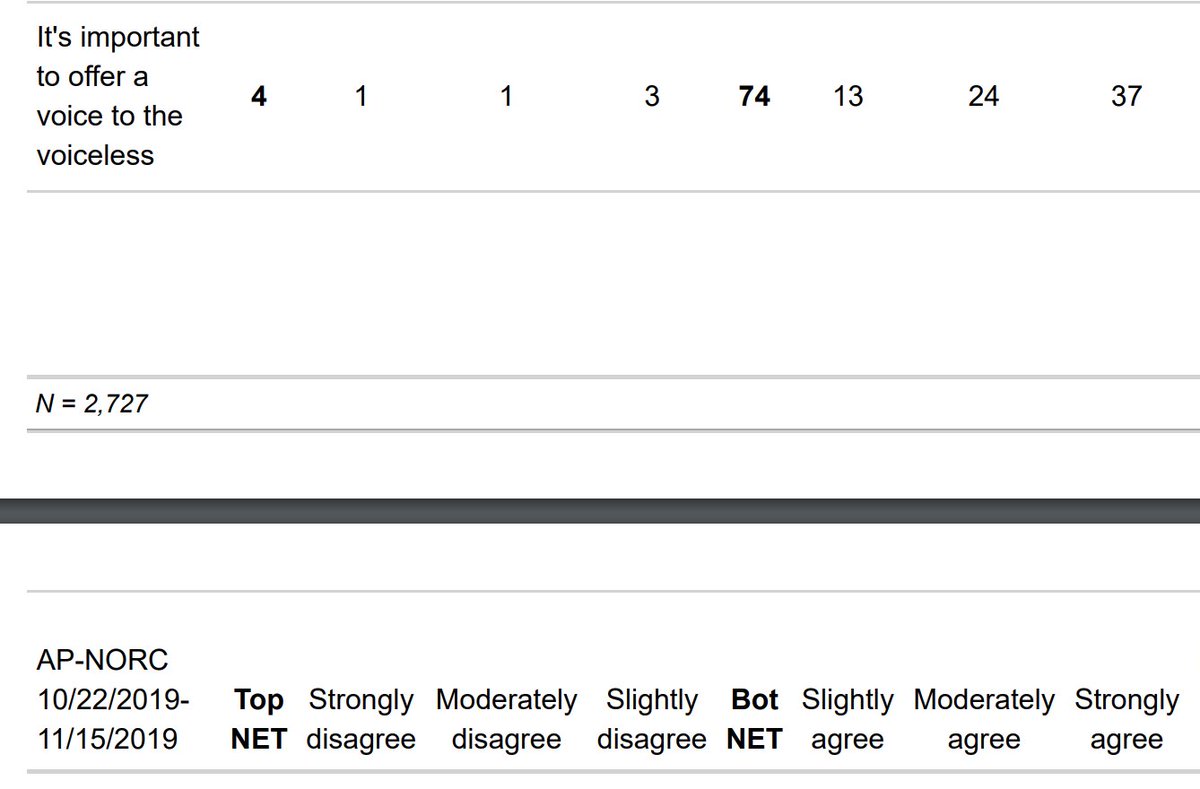
"The powerful need to be monitored or they will be inclined to abuse their power."
70% agreed, 8% disagreed.
70% agreed, 8% disagreed.
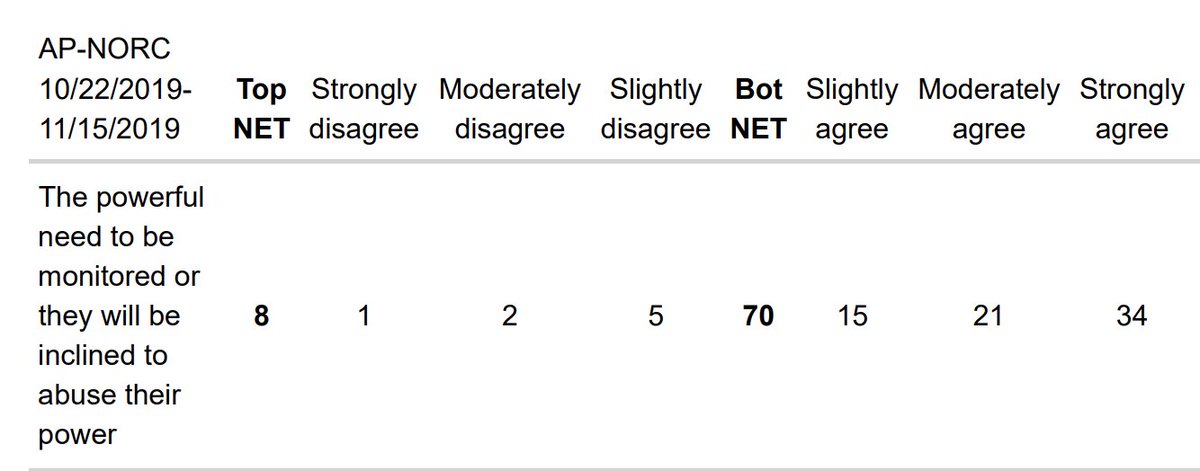
Those look like really strong public support for "core journalism values"!
72% to 6%, 74% to 4%, and 70% to 8%, all on the pro-journalism side.
72% to 6%, 74% to 4%, and 70% to 8%, all on the pro-journalism side.
But the report claims that
— only 46% of Americans actually support oversight
— only 50% support giving a voice to the less powerful, and
— only 29% support "casting a spotlight on a community's problems to solve them"
What?
— only 46% of Americans actually support oversight
— only 50% support giving a voice to the less powerful, and
— only 29% support "casting a spotlight on a community's problems to solve them"
What?
Two big problems: One is some unfortunate survey design, which you can read about in my story (basically, a question structure suboptimal for the purpose it's being used for and a bad and arbitrary decision on how to define "support")
niemanlab.org/2021/04/no-ame…
niemanlab.org/2021/04/no-ame…
The other is that...they never actually survey *journalists* to see how *they'd* answer the questions! They just assume that every journalist is 100% behind their somewhat tortured definitions of each value.
(They would not!)
(They would not!)
Anyway, this made me cranky, because it doesn't in any way support the idea that only 10% or 20% of Americans "support" journalism or its core values, and yet that's how it was taken, both by people who like journalism and those who want to tear it down.



https://twitter.com/tedcruz/status/1382393742179586050
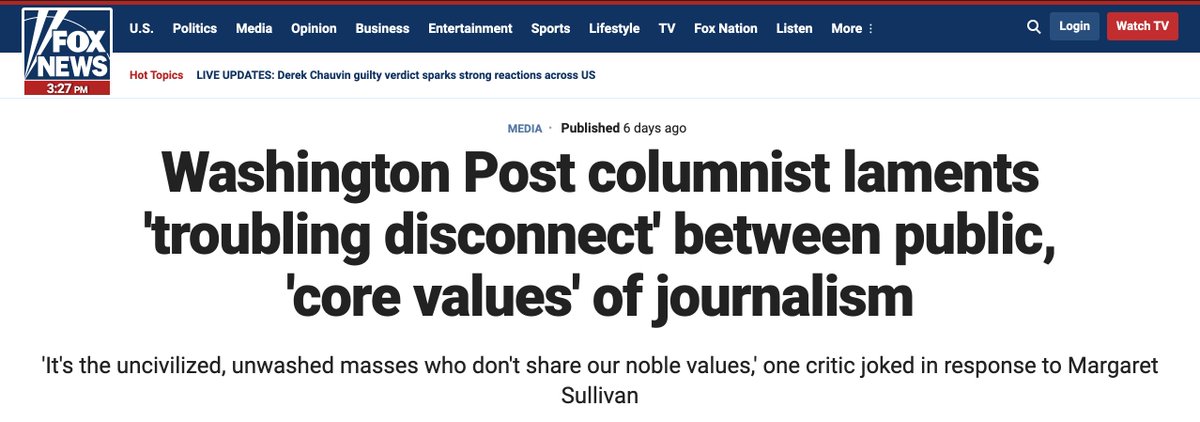
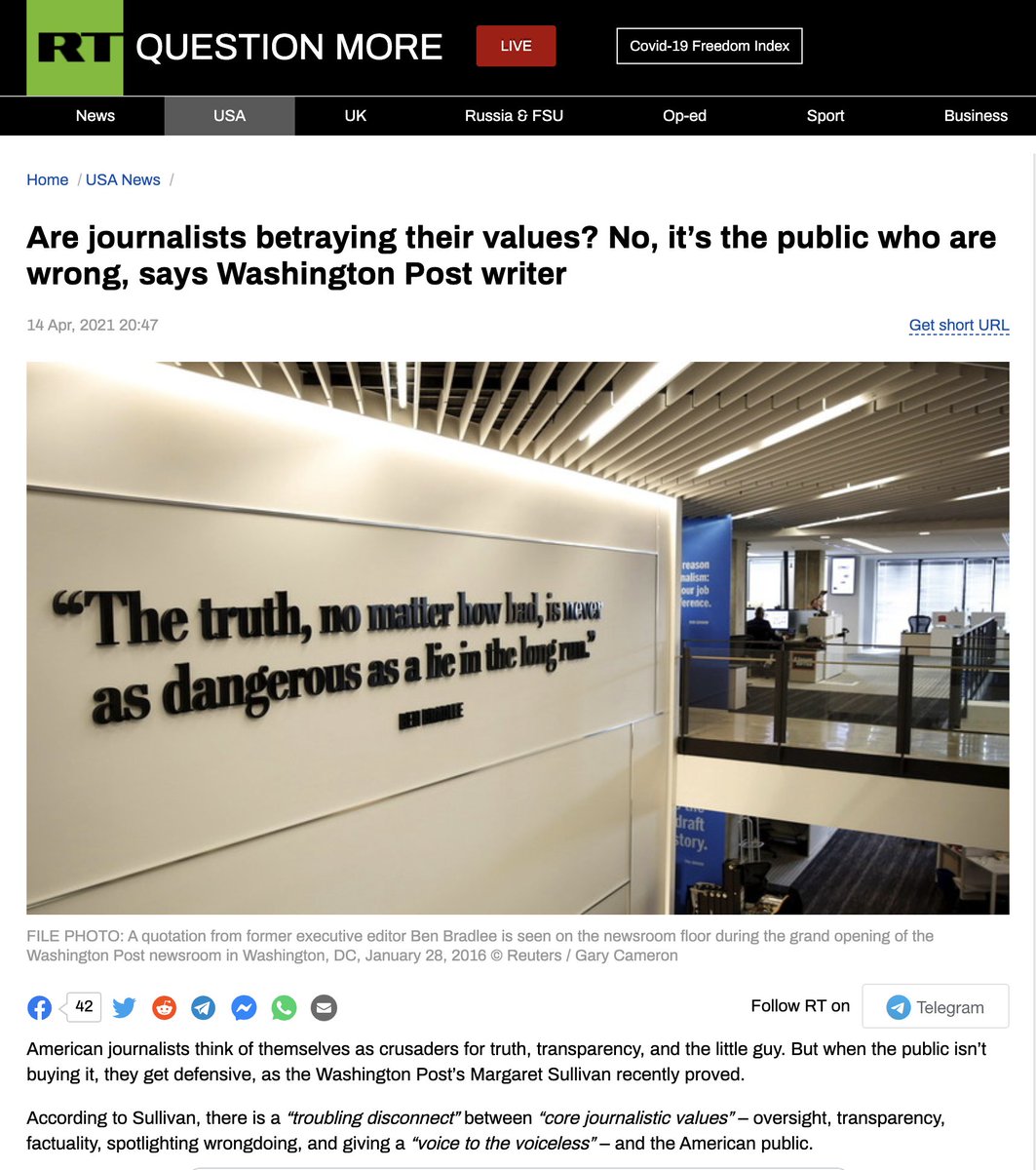
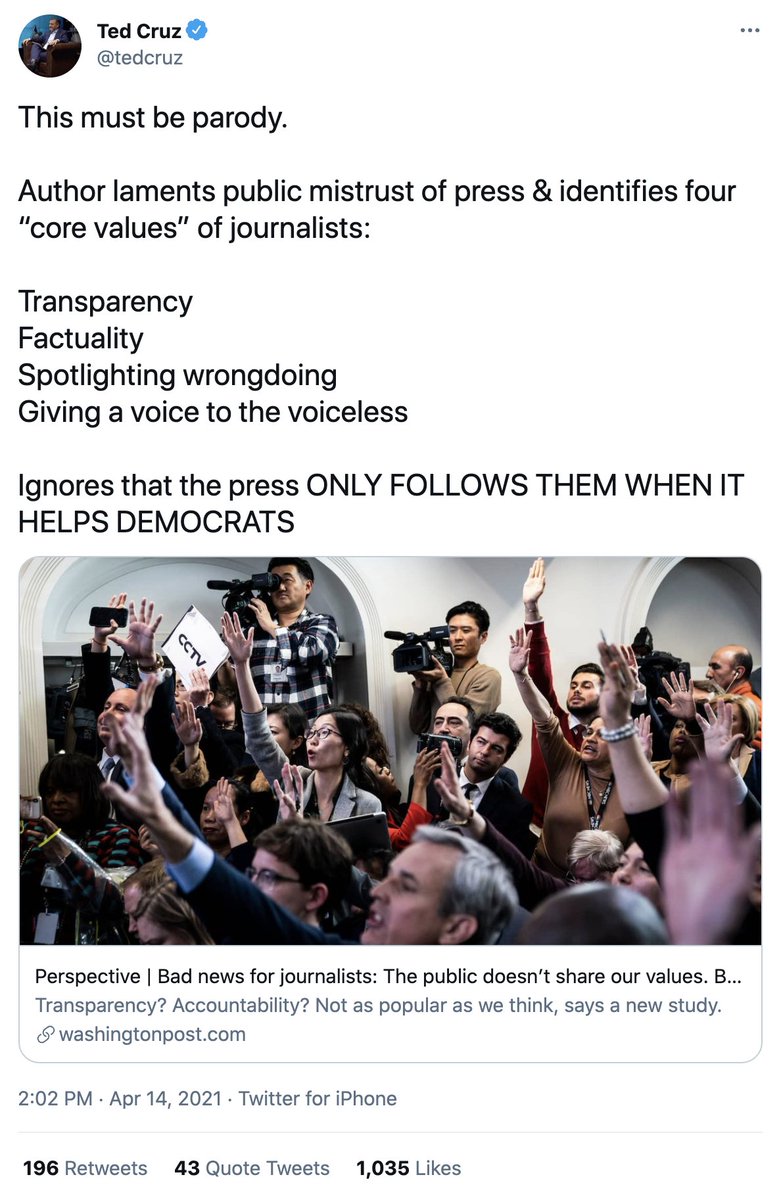
Also, I got to type out a phrase I've had in my head for a while now: "mistrust porn." /end
niemanlab.org/2021/04/no-ame…
niemanlab.org/2021/04/no-ame…
• • •
Missing some Tweet in this thread? You can try to
force a refresh

